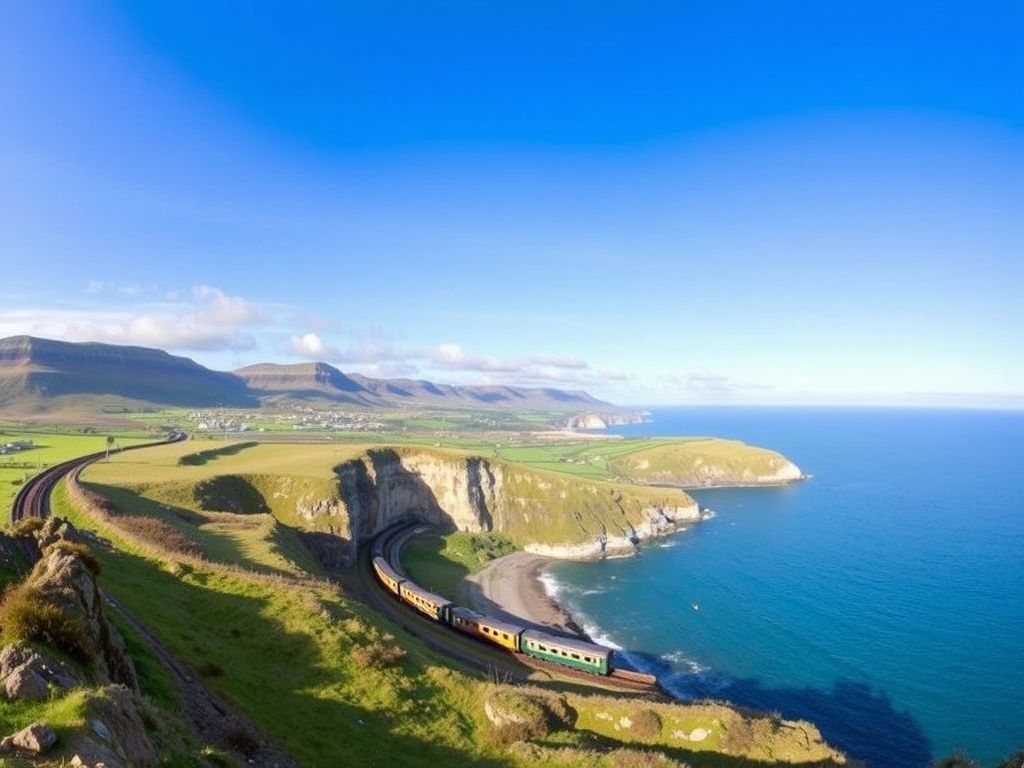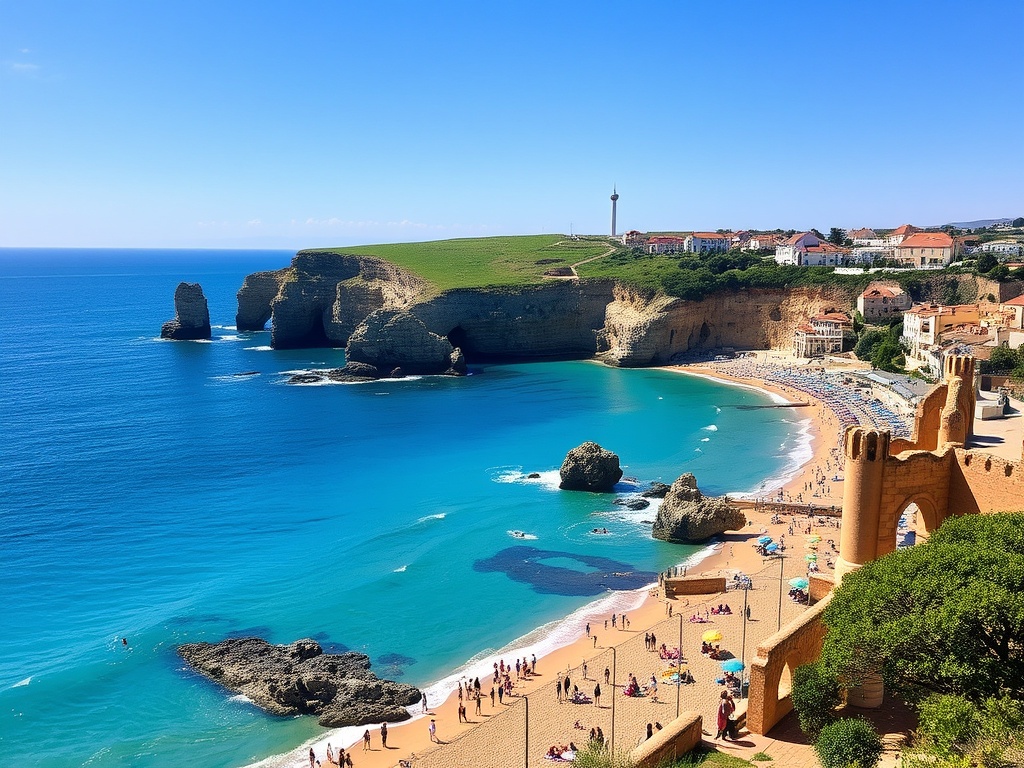Exploring the Journey from Penzance to Wick: A Tale of British Rail Travel

For those adventurous enough to embark on a train journey from Penzance in Cornwall to Wick in the remote Highlands of Scotland, it’s essential to prepare for a significant investment in both time and money. Standard class tickets, free from the restrictions of advance fares, begin at approximately £169.40. This price permits travelers to utilize various rail operators and take multiple routes, including the option to pass through London, on a marathon itinerary exceeding 1,000 miles.
While many Britons often express dissatisfaction with the country’s rail services, those of us residing in the EU find it remarkable that over two dozen rail operators in Britain collaborate to provide integrated ticketing across most stations—even when a journey requires transferring between five or six different train companies. In contrast, ticketing systems on the continent can be quite convoluted. For instance, my recent trip from Belgium to Switzerland involved acquiring four separate tickets from four distinct train companies. My initial research indicated a total fare of around €121 (approximately £101) for the eight-hour trek from Mechelen to Montreux. While this seemed reasonable, it should not necessitate an extensive understanding of European railway geography or a doctorate in train tariffs to book a journey from Belgian Flanders to Lake Geneva.
My Route to Montreux
My preferred itinerary commenced with a local train from Mechelen to Brussels, where I seamlessly transferred to a sleek red Eurostar for a swift journey to Paris. From Paris, I boarded a stylish Lyria train bound for Geneva. The final leg of my journey was aboard a picturesque Swiss train that hugged the lakeshore as we glided eastward to Montreux.
In July 2024, Ursula von der Leyen, the President of the European Commission, called for significant reforms in international rail ticketing across Europe. She remarked, “Cross-border train travel is still too difficult for many citizens,” emphasizing the hurdles that passengers encounter. In response, the European Commission is advocating for an integrated booking system. As von der Leyen articulated, “So Europeans can buy one single ticket on one single platform and enjoy passengers’ rights for their whole trip.”
The rights she referred to include guarantees regarding ticket acceptance through to the final destination, even in cases of delays or cancellations, along with appropriate compensation when things go awry. This initiative echoes recent plans announced by the Labour Government in the UK, which proposed the establishment of an independent watchdog and a reform bill aimed at holding rail operators accountable to prevent future failures and disruptions like the 2018 timetabling crisis, during which thousands of services were canceled due to changes in schedules.
In practice, the European Commission could benefit from examining the commendable work being done by various rail aggregators across Europe that compile tickets from multiple operators to create a coherent travel itinerary. My journey from Mechelen to Montreux involved four different operators, and I could have booked separate tickets through each, relying on four distinct websites—a stressful endeavor no traveler should have to endure.
The Search for an Integrated Solution
In my search for a streamlined booking process, I explored options such as Trainline and Omio, both of which are well-regarded aggregators. Unfortunately, neither platform provided a viable rail solution from Mechelen to Montreux. However, the excellent Deutsche Bahn (DB) website did offer a complete fare from Mechelen to Montreux, but only after I cleverly added Cologne as an intermediary stop. This workaround was not ideal, as I was not keen on taking a detour eastward via Germany. Ultimately, I chose to pass on the DB offer.
I then turned to Rail Europe, which provided a commendable fare of £105 plus a booking fee of £2.99. With just a couple of clicks, I was able to purchase all four tickets in a single transaction. Overall, it felt like a reasonable deal, as consolidating my ticket purchases through one supplier made logistical sense. Kudos to Rail Europe for their efficient service, which leverages intelligent routing logic initially developed by the British tech startup Loco2 a decade ago. However, it’s important to note that I still ended up with four separate tickets instead of one unified ticket.
Europe could certainly benefit from emulating the UK’s successful model of offering complex itineraries that incorporate multiple rail operators under a single ticket framework.
Nicky Gardner is the lead author of ‘Europe by Rail: The Definitive Guide’. The 18th edition of the book was published in October 2024. She resides in Berlin.




